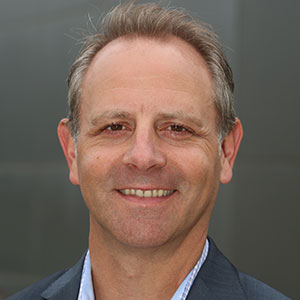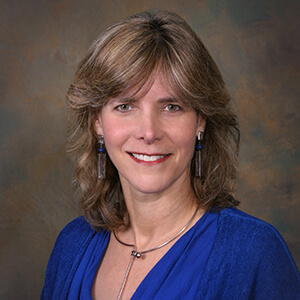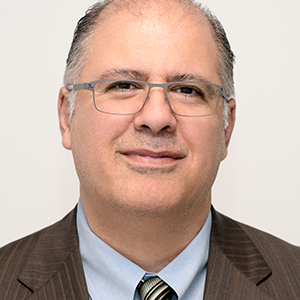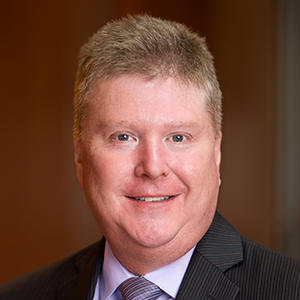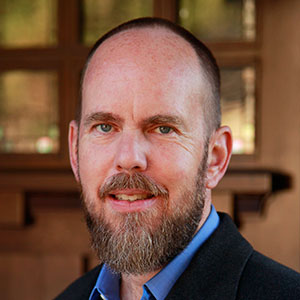Session Abstract – PMWC 2018 Silicon Valley
Session Synopsis: Health care providers increasingly require multi-omic data sets, including phenotypic data informed by genomic data. Such data needs to be obtained in an economically sustainable way and made available on an agile user-friendly platform so that these data may inform clinical care and lead to health improvements.Pharmaceutical companies (“Pharmas”) are interested in obtaining datasets containing phenotypic/clinical and genomic information generated from patient cohorts of specific disease areas. Such datasets can help Pharma researchers identify drug targets or find biomarkers, validate hypotheses related to the interaction of genomics with disease or with specific therapies, and identify candidate populations for future clinical trials. Payers are also interested in the outcomes related to new discoveries and therapies in order to reimburse for these treatments. This session will focus on how both health care provider organizations, Pharmas and Payers are working toward solving these complex and challenging problems from a technical and business model perspective.
Session Chair Profile
VP, Strategy and Marketing, DNAnexus
Biography
Brady brings over 15 years experience as an innovator and leader in the life sciences space as well as the hospital ACO and consumer health and wellness industries. Prior to DNAnexus, Brady was head of strategy and market development for Illumina with a special focus on Informatics and driving opportunities to use genetics data as clinical utility. Brady serves on the board of multiple non-profit organizations including the Global Alzheimer’s Association Interactive Network (GAAIN), Cancer Commons, Ci4CC, and is Co-Chair of the Advisory Board for the University of Washington Center for Commercialization (C4C). Brady is a graduate of University of Washington.
Speaker Profile
M.D., M.B.A. Director, Carol Franc Buck Breast Care Center, Professor of Surgery and Radiology, University of California, San Francisco; Associate Director, UCSF Helen Diller Family Comprehensive Cancer Center

Biography
Dr. Laura Esserman is Professor of Surgery and Radiology at the University of California, San Francisco (UCSF) and director of the UCSF Breast Care Clinic. Her work in breast cancer spans the spectrum from basic science to public policy issues, and the impact of both on the delivery of clinical care. Dr. Esserman is recognized as a thought leader in cancer screening and overdiagnosis, as well as innovative clinical trial design. She led the creation of the University of California-wide Athena Breast Health Network, a learning system designed to integrate clinical care and research as it follows 150,000 women from screening through treatment and outcomes. The Athena Network launched the PCORI-funded Wisdom Study, which tests a personalized approach to breast cancer screening in 100,000 women. She is also a leader of the innovative I-SPY TRIAL model, designed to accelerate the identification and approval of effective new agents for women with high risk breast cancers.
Talk
A Framework for Personalizing Screening
Laura Esserman is a breast cancer surgeon who directs the breast cancer program at UCSF. She is the principle investigator of the I SPY TRIALs, an adaptive neoadjuvant breast cancer platform trial/learning systems that has led transformation in clinical trials . On the panel she will talk about the ways in which innovation in trial design and advances in our understanding of biology, early endpoints, and tumor response can accelerate the pace of finding the right drugs for the right patients. In addition to innovation in trial design, we need innovation in regulatory science where payers and regulators collaborate on a new framework to generate the evidence in a much faster and more cost effective manner, driving down the cost of trials and drugs when they get to market and shortening the knowledge turns.. This would be a win win win for patients, payers and regulators.
Speaker Profile
M.S., M.MI, Senior Vice President & Chief Informatics Officer / CIO, City of Hope
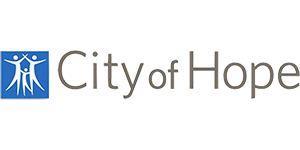
Biography
Sorena Nadaf, M.S., M.MI is Senior Vice President & Chief Informatics Officer / CIO, for City of Hope. He serves as the Director of Data Science & Cancer Informatics, overseeing a program targeting Digital Health Innovation, Information Technology, and Translational Bioinformatics. Prior to joining the City of Hope in 2016, Sorena spent almost 9 years at University of California San Francisco as CIO and Associate Director for the Helen Diller Family Comprehensive Cancer Center and UCSF’s Chief Informatics Officer. At UCSF Sorena also served as the inaugural Director of the Translational Informatics (TI) Technology Center, where he architected a Institution wide IT Specialty, and Biomedical Informatics focused Program / Super Shared Resource. Sorena’s strategies enabled the enterprise collection, exchange, and integration of distributed, multi-dimensional, and heterogeneous clinical and biomedical data, in addition to aiding in the education of Applied Informatics and Healthcare IT. UCSF’s infrastructure and roadmaps for Clinical Research and Bio specimen Banking was a direct result of his work, not to mention systems in place supporting patient reported outcomes and electronic medical record interoperability. While at UCSF, Sorena was instrumental in the creation and launch of the Institute for Computational Health Sciences (ICHS), where he also was Chair of its IT infrastructure, with an initial focus on a scalable enterprise-class High-Performance Compute eco-system.
Speaker Profile
Ph.D., Vice President, R&D Bioinformatics, MedImmune
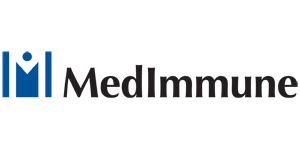
Biography
Dr. David Fenstermacher is the Vice President R&D-Bioinformatics at Medimmune, LLC. and has more than 30 years of research experience as a molecular biologist and bioinformaticist. During his twenty years in bioinformatics, David has designed and directed the implementation of numerous bioinformatics and biomedical informatics distributed computing systems to support basic, translational and clinical research, including multiple institution research projects. He has also designed data warehouses that integrate patient-level clinical data and other ‘omics data to support studies focused on cancer and other human diseases. Current research focuses on developing informatics resources that span the informatics continuum of Bioinformatics, Biomedical Informatics and Clinical/Medical Informatics specifically for precision medicine including clinical decision support, digital health and health outcomes research. Before joining MedImmune, he served as the Chief Research Information Officer for Virginia Commonwealth University and was Founding Chair of the Department of Biomedical Informatics at the H. Lee Moffitt Cancer Center.
Speaker Profile
Ph.D., Director of Precision Medicine Research, Sutter Health

Biography
Dr. Gregory Tranah is also an Adjunct Professor in the Department of Epidemiology and Biostatistics at the University of California, San Francisco. He received his PhD in Ecology from University of California, Davis and was a postdoctoral fellow in Epidemiology at the Harvard School of Public Health. Dr. Tranah’s current research program is focused on identifying inherited and acquired genetic factors that impact aging and disease with the goal of revolutionizing risk assessment and identifying widely applicable genomic tests that identify persons who would benefit from specific pharmacologic and behavioral treatments to prevent disability and disease. He is the principal investigator of several NIH grants and Sutter-CPMC Foundation grants. Dr. Tranah is the Genetics Director for several large population-based epidemiologic cohorts and is actively conducting large-scale genomic analyses in collaboration with several consortia focused on aging and disease. At the CPMC Research Institute he directs the genomics core of the Personalized Medicine program which is focused on identifying genomic predictors of treatment response for several highly malignant cancers. Dr. Tranah is currently leading a research program dedicated to accelerating the translation of research discoveries related to health and aging to clinical settings across Sutter Health and is applying this experience to the development of the Sutter Health Precision Medicine Program.


